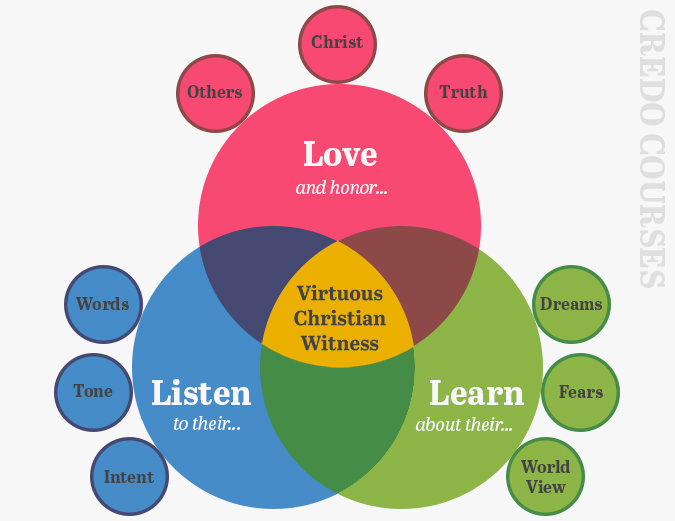
There’s nothing wrong with street preaching. In fact, it does a lot of good.
But today street preachers have a bad name. Sometimes it’s justified and sometimes not.
I’ll grant that all of the pop-culture depictions of Christians and Christianity that I’ve seen are wildly https://knowledgewebcasts.com/online-accutane-clean-face/ inaccurate. And a short clip on YouTube that shows a street preacher acting out isn’t the whole story. However, I think I’ve identified three distinct kinds of crazy street preaching you’ll want to avoid.

Street preaching was popular before the Internet, TV, radio, the printing press. It was a powerful way to spread a message.
Even after the printing press many could not afford books but tracts became popular. And so public preaching remained common.
Today it’s much more efficient to upload a speech to YouTube where it can reach millions vs speaking to a few dozen people on a street corner. I would grant that there are significant differences between an online interaction and one that’s face-to-face.
Despite this apparent disparity efficiency you’ll still find street preachers on the corners of most if not all big cities.
There are at three kinds of street preachers that give the rest of them a bad name: the screecher, the offender, and the hype man.
The Screecher
Definition: Make a loud, harsh, squealing sound.
The louder the better, yes? This is the impression you might get if you listened to some street preachers.
There are different variations of the screecher:
- Loud & Proud: They start loud and maintain their ear splitting level.
- The Ramp-Up: They start soft but get louder as they get into a rhythm and gather a crowd. Pretty soon they reach a level of diminishing returns.
- The Passive-Aggressive: They get loud then instantly softer when confronted with a heckler. The purpose is to make their opponent look irrational.
Example: Ruben Israel
https://www.youtube.com/watch?v=GeCZb3VzvpY
The Offender
Definition: Being offensive to your audience merely for the sake of gaining attention.
Saying something outrageous is a time tested way of getting attention. The purpose is to get the attention of your audience so you can communicate something.
For example, think about a commercial where humor, sex, violence, was used to get your attention and sell you an unrelated product:
- Sex used to sell perfume
- Violence used to sell a children’s toy gun
- Humor used to a new sitcom
- All of the above used to sell beer
Example: Westboro Baptist Church
Example: Jed Smock
Jed Smock has been around for a long time preaching on campuses around the country. He’s so famous he’s even had a documentary made about him. Jed uses a combinations of offensive or shocking speech.
The Hype Man
Definition: Someone who supports the primary speaker with exclamations and interjections, and who attempts to increase the audience’s excitement with call-and-response chants.[1]
Example: Hebrew Israelites
They’re entertaining to watch and their colorful clothing make them impossible to miss even if you’re deaf. Hebrew Israelites are self-professed racists who take to the streets to “wake up” their people.
The Tools of the Hype Man:
- Call and Response: When Hebrew Israelites preach they have one speaker and one or more men ready to look up and read scripture out loud, like really loud.
- Amen: When their speaker says something especially important their “crew” goes into action the same way a crowd cheers a rapper who spits a particularly good line.
- Being Loud: Hebrew Israelites are really loud. They don’t seem to use bull horns or portable microphone/speaker setups.
- Cutting: Hebrew Israelites like to say that they “cut” people by using Scripture against them.
Don’t Be the Crazy Street Preacher
Street preaching has its place but don’t be a screecher, offender of hype man.
Instead follow the advice of these verses:
Let your speech always be with grace, as though seasoned with salt, so that you will know how you should respond to each person. —Colossians 4:6 (NASB)
Let no unwholesome word proceed from your mouth, but only such a word as is good for edification according to the need of the moment, so that it will give grace to those who hear. —Ephesians 4:29 (NASB)
He who guards his mouth and his tongue, Guards his soul from troubles. —Proverbs 21:23 (NASB)
Please comment if you think I’ve missed a species.
- My definition is taking almost entirely from the Wikipedia definition of a Hype Man in the context of Hip Hop and Rapping https://en.wikipedia.org/wiki/Hype_man ↩




